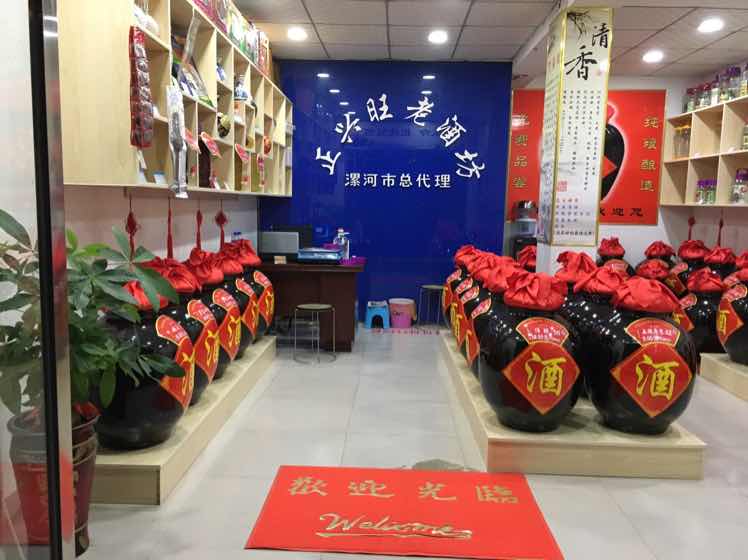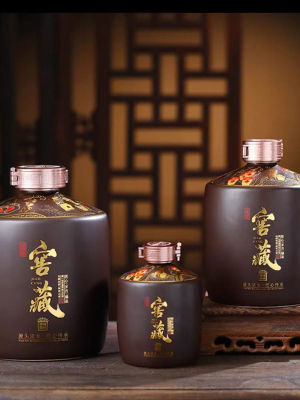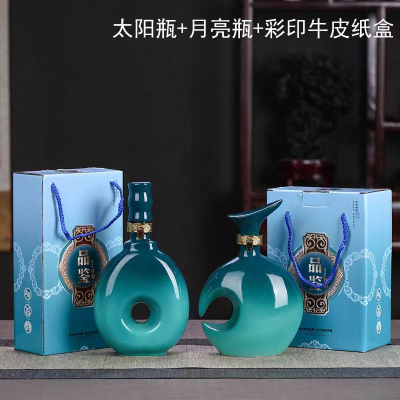Liquor Agent: Key Responsibilities and Duties
In the fast-paced and highly regulated alcohol industry, the role of a liquor agent is both essential and multifaceted. Understanding the liquor agent: key responsibilities and duties is crucial for importers, distributors, retailers, and even aspiring professionals entering this competitive field. A liquor agent serves as a bridge between producers and the market, ensuring legal compliance, efficient sales, and brand representation.
This article provides an in-depth look at the liquor agent: key responsibilities and duties, highlighting their importance in ensuring smooth operations and regulatory adherence within the liquor supply chain.
What is a Liquor Agent?
A liquor agent is a licensed individual or company authorized to represent alcoholic beverage manufacturers, importers, or distributors. They act on behalf of these entities to market and sell alcoholic products to licensed retailers, wholesalers, and sometimes directly to consumers—depending on regional laws.
The title and exact responsibilities of a liquor agent can vary by jurisdiction, but one thing is consistent: the role is critical in navigating the legal and commercial landscape of the alcohol industry.
Liquor Agent: Key Responsibilities and Duties
The following are the core responsibilities that define the role of a successful liquor agent:
1. Compliance with Legal and Licensing Requirements
A central part of the liquor agent: key responsibilities and duties is ensuring strict adherence to federal, state, or regional liquor laws. This includes:
Holding valid licenses or permits
Monitoring the legal drinking age
Ensuring product labeling complies with regulatory guidelines
Filing accurate sales and excise tax reports
Non-compliance can lead to license revocation, fines, or even criminal charges—so precision and vigilance are non-negotiable.
2. Product Representation and Brand Advocacy
A liquor agent acts as the face of the brands they represent. Their responsibilities include:
Educating retailers and customers about product features
Organizing promotional events and tastings
Building long-term relationships with clients
Protecting brand image and identity
In short, liquor agent: key responsibilities and duties go beyond sales—they’re also brand ambassadors.
3. Sales and Marketing Activities
One of the most important components of the liquor agent: key responsibilities and duties is generating sales and expanding market reach. Daily tasks may include:
Prospecting and onboarding new retail accounts
Developing pricing strategies in collaboration with distributors
Negotiating terms and product placements
Creating and executing sales campaigns
An effective liquor agent must blend persuasion, market insight, and product knowledge to succeed in a highly competitive industry.
4. Supply Chain and Inventory Coordination
While liquor agents don’t typically manage full inventories, they must coordinate:
Timely deliveries with logistics partners
Stock forecasting based on demand trends
Product availability and seasonal planning
This ensures that retailers and hospitality clients receive the right products, at the right time, in the right quantity.
5. Market Intelligence and Trend Analysis
Informed decisions come from data. Another key duty within the liquor agent: key responsibilities and duties is staying up to date with:
Consumer trends (e.g., low-alcohol or craft spirits)
Competitor activities and market share
Regulatory updates
Pricing and margin pressures
Regular reporting and insights help producers optimize their offerings and adapt their strategies.
6. Client Relationship Management
Strong interpersonal skills are essential. Liquor agents must build, nurture, and maintain strong relationships with:
Retailers (liquor stores, supermarkets)
Bars and restaurants
Distributors and wholesalers
Follow-ups, after-sale service, and loyalty-building initiatives are part of their routine.
7. Training and Staff Education
In larger operations, liquor agent: key responsibilities and duties may include:
Hosting training sessions for retail or hospitality staff
Educating employees on legal compliance and responsible alcohol service
Offering tasting notes and pairing suggestions
This enhances customer satisfaction and boosts brand reputation.
Skills and Qualifications of an Effective Liquor Agent
To perform the liquor agent: key responsibilities and duties effectively, certain skills and qualifications are essential:
Licensing: Valid liquor agent license (varies by region)
Communication: Strong verbal and written skills
Sales Experience: Background in sales or marketing
Legal Knowledge: Understanding of alcohol regulations
Organizational Skills: Managing schedules, client meetings, and reporting
Negotiation: Ability to close deals and resolve conflicts
Passion for Product: Genuine interest in wine, beer, or spirits
Why the Liquor Agent Role is Vital in the Alcohol Supply Chain
The liquor agent: key responsibilities and duties are crucial to the success of any alcohol brand or distribution company. From ensuring legal compliance to driving brand awareness, liquor agents play a pivotal role in:
Reducing regulatory risk
Improving market penetration
Building brand loyalty
Enhancing customer service
Providing actionable market feedback
Without skilled liquor agents, alcohol producers would struggle to reach target markets or meet legal obligations.
Conclusion
Understanding the liquor agent: key responsibilities and duties is essential for anyone involved in the alcohol industry—whether you're a producer, distributor, or aspiring professional. Their unique position requires a balance of regulatory knowledge, sales acumen, and customer relationship skills.
In today’s increasingly competitive and regulated beverage market, having experienced and knowledgeable liquor agents is not just an advantage—it’s a necessity.
If you're looking to hire, partner with, or become a successful liquor agent, remember: the best ones don’t just sell alcohol—they build lasting brands.
Market Research and Analysis: Liquor agents conduct market research to identify emerging trends, consumer preferences, and competitor activities. By staying informed about market dynamics, they can make strategic decisions that drive sales and increase market share for the liquor brands they represent.
Inventory Management: Liquor agents are also tasked with managing inventory levels to ensure adequate stock availability for their clients. This involves tracking product demand, forecasting sales, and coordinating product deliveries to meet customer needs.
Compliance and Regulations: Liquor agents must adhere to all regulatory requirements and industry standards related to the sale and distribution of alcoholic beverages. This includes obtaining necessary licenses and permits, ensuring responsible alcohol marketing practices, and complying with local liquor laws.
Customer Service: Providing excellent customer service is a key aspect of a liquor agent's role. They must promptly address customer inquiries, resolve any issues that arise, and maintain a positive reputation for the liquor brands they represent.
Conclusion In conclusion, liquor agents play a vital role in the alcoholic beverage industry by facilitating the distribution and promotion of liquor products. By effectively managing relationships, conducting market research, and ensuring compliance with regulations, liquor agents contribute to the success of liquor brands in a competitive market environment










